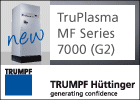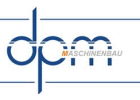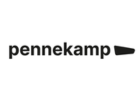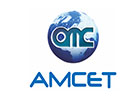In light of the ever-growing demand for Type I borosilicate glass tubing for primary pharmaceutical packaging, SCHOTT has completed the next expansion stage at its new pharmaceutical glass tubing site in Jinyun, China. The plant started its production in November 2020 after only 15 months ramp-up period. It was officially inaugurated with customers and government representatives in summer 2021 and supplies high-quality borosilicate glass tubing to produce pharma containers that store vaccines (e.g., against COVID-19) and other drugs. "Right on schedule with our planning, we have doubled our melting capacity. It's another big milestone for pharma tubing in China. The expanded infrastructure will enable a reliable local supply of glass tubing, which is needed urgently to serve the increased demand for pharmaceutical packaging," explains Dr. Patrick Markschläger, Executive Vice President of SCHOTT's Business Unit Tubing.
SCHOTT has established a solid production base for high-quality borosilicate glass tubing in Jinyun as a supply hub for the local Chinese market. The construction of the site was completed after just 15 months despite the pandemic. The most modern tubing production site worldwide uses state-of-the-art manufacturing technology. The plant in Jinyun created so far 250 new jobs and enabled an improved supply chain which will subsequently help enhance the packaging quality. Dr. Markschläger: "This new site marks the first time our company is melting glass in China. It's our commitment to help bring the government's vision of "Healthy China 2030" into reality." SCHOTT has invested €60 million in this Chinese tubing plant as part of a worldwide $1 billion pharma business investment program.
Producing high-quality glass tubing to manufacture containers to package drugs requires extraordinary skills in melting but also in further processing. The manufactured glass tubing FIOLAX® is a 5.0 Type I borosilicate glass supporting the strategy of the Chinese government to move away from the low borosilicate glass, the so-called 7.0 glass. Borosilicate glass has been the preferred material for pharmaceutical packaging since Otto Schott invented it around 1890. The glass is highly inert, protects life-saving drugs and vaccines from unwanted drug-container interactions. And it plays a crucial role in the pandemic – already more than 90% of all approved COVID-19 vaccines rely on SCHOTT's FIOLAX® glass tubing.



























